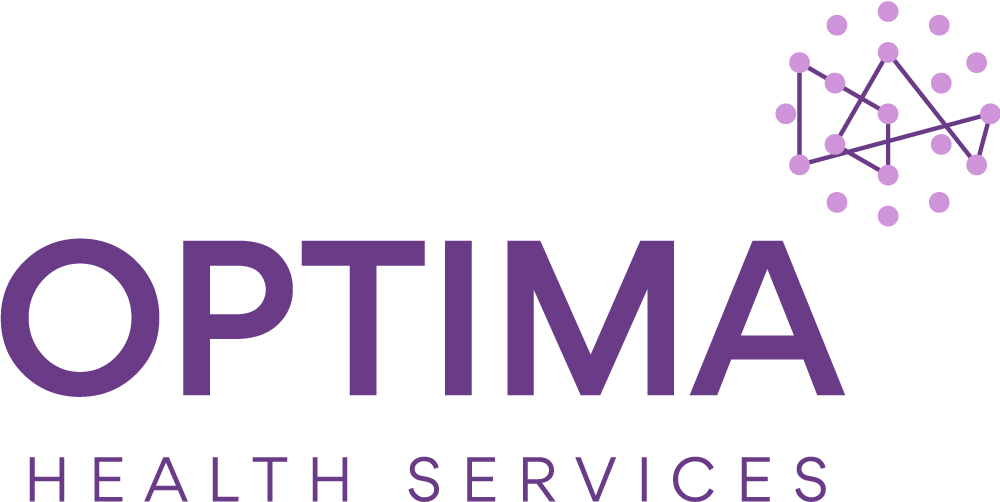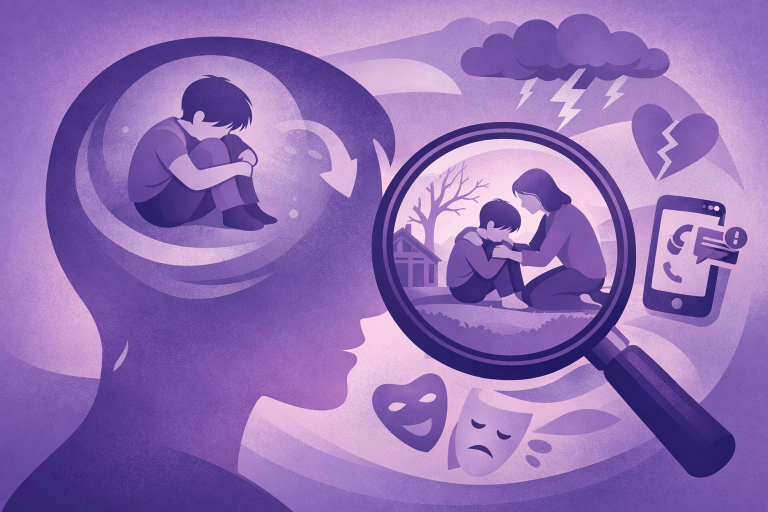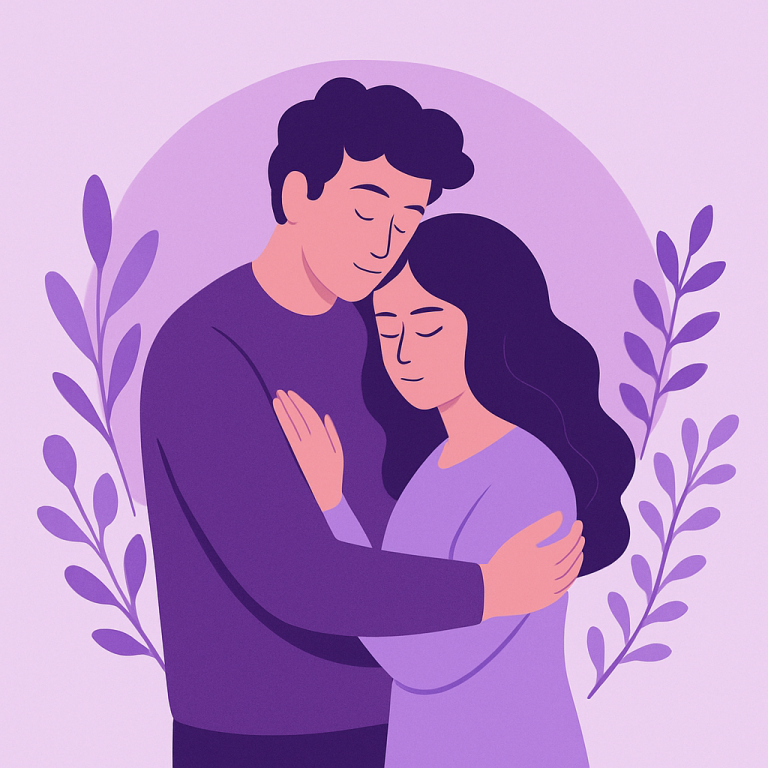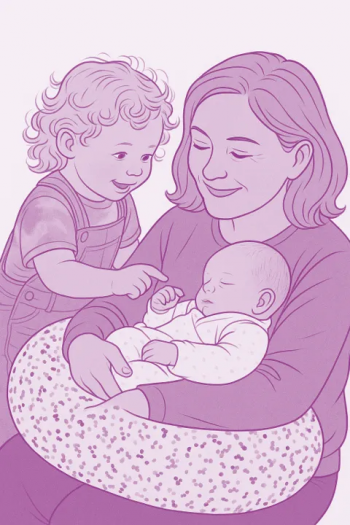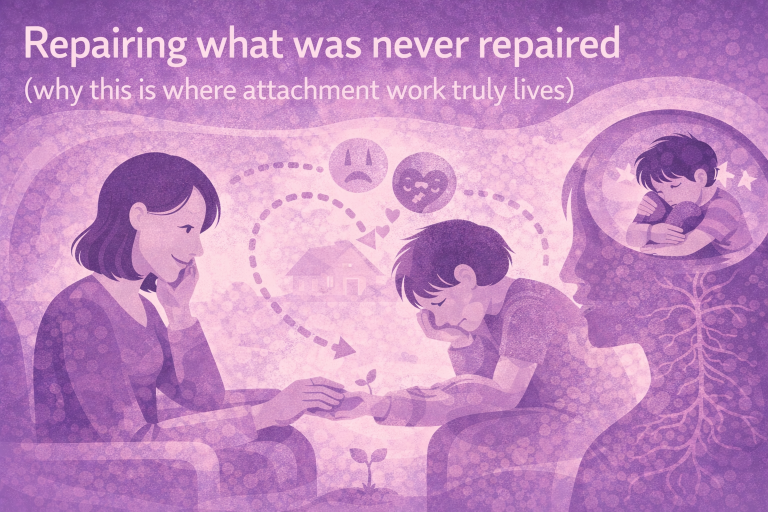Isn’t attachment just about relationships?
It’s a common assumption and an understandable one. But in practice—and the therapy room—we know it runs much deeper.
🔄 Myth: Attachment theory only applies to how we relate to others.
✅ Truth: Attachment patterns are foundational to how we regulate affect, stress, and our nervous system’s response to everyday emotional challenges.
Attachment isn’t just about who we feel close to. It’s about how safe we feel being close to ourselves—our own sensations, feelings, and internal states.
Let’s break that down.
When a child has consistent, emotionally attuned caregivers, they experience co-regulation—someone with them during distress. Over time, the child internalises this experience. Their nervous system learns:
“Big feelings don’t have to be dangerous. I can manage them, and I don’t have to do it alone.”
This scaffolds the development of affect regulation—the capacity to tolerate, express, and recover from emotional states. It’s not just psychological. It’s biological.
Secure attachment helps modulate the hypothalamic-pituitary-adrenal (HPA) axis, calms cortisol output, and builds up prefrontal capacities to inhibit and regulate reactivity.
But when that emotional attunement is absent, inconsistent, or overwhelming?
What’s learnt is something else entirely:
“When I’m distressed, I’m alone.”
So adaptive strategies develop —fight, flight, freeze, fawn. These are affect regulation strategies born of survival, not safety.
And these patterns persist.
Not because people aren’t trying hard enough to cope. But because their nervous systems were never shown how.
🔍 As therapists and counsellors, this understanding changes everything.
Rather than focusing solely on thought patterns or conscious coping strategies, we begin to attune to the client’s affect regulation capacity—especially under stress. We become curious about what their body has learned to do in moments of overwhelm. We look for cues of hyperarousal or shutdown, internalised aloneness or relational fear.
💬 And we offer something different.
Not just insight, but co-regulation
How could Attachment augment your practice?
